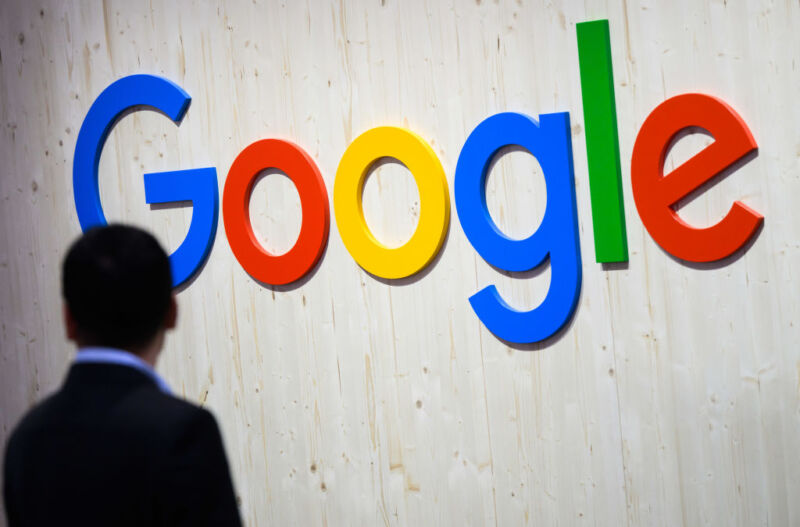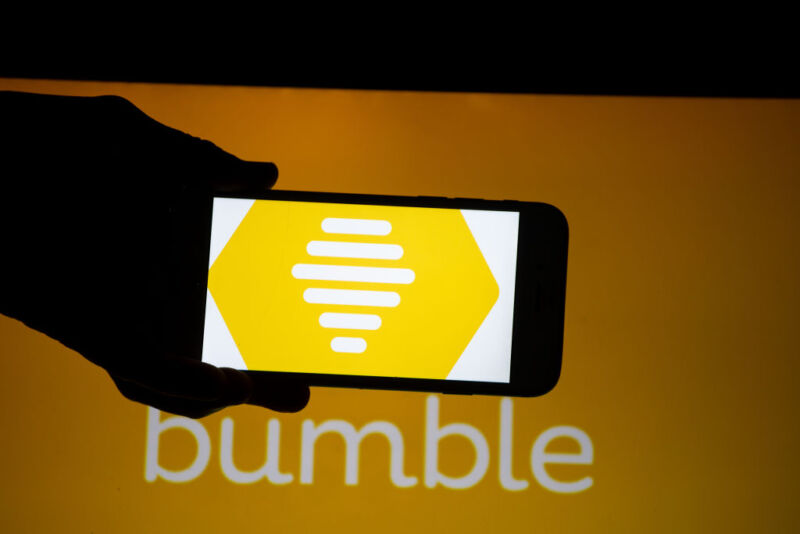How Misinformation Spreads? It's Funded By 'The Hellhole of Programmatic Advertising'
Read more of this story at Slashdot.
Read more of this story at Slashdot.
Old approach of seeking ultra-niche audiences has fallen out of favour as main parties spend tens of millions online
Don’t expect to see Cambridge Analytica-style microtargeted political adverts driven by personal data during this general election: the tactic is now considered by many to be an ineffective “red herring” and is increasingly being blocked by social media platforms.
The digital strategist Tom Edmonds said Facebook had banned political campaigns from using many of the tactics deployed in past contests. “Running a campaign aimed at 500 people didn’t earn them much money and just got them loads of shit,” he said.
Continue reading...© Photograph: Dominic Lipinski/PA
© Photograph: Dominic Lipinski/PA
Obesity prevention is cheaper long-term option, says Cambridge professor, with focus on dietary advice and exercise plans
Skinny jabs risk being used as a cop-out by governments to avoid making hard policy choices to prevent obesity, a leading expert has warned.
Prof Giles Yeo, a geneticist at the University of Cambridge and expert on obesity and the brain control of food intake, said drugs such as semaglutide – the active ingredient in the weight-loss jab Wegovy – were remarkable and worked for a majority of people.
Continue reading...© Photograph: David J Phillip/AP
© Photograph: David J Phillip/AP

Enlarge (credit: picture alliance / Contributor | picture alliance)
Last week, Google sent a cashier's check to the US government that it claimed in a court filing covers "every dollar the United States could conceivably hope to recover" in damages during the Google adtech monopoly trial scheduled to start this September.
According to Google, sending the check moots the government's sole claim for damages, which in turn foils the government's plan to seek a jury trial under its damages claim. While Google disputes liability for any of the government's claims, the payment serves to "prevent the tail from wagging the dog," the court filing said.
It's unclear just how big the check was. The court filing redacted key figures to protect Google's trade secrets. But Google claimed that testimony from US experts "shrank" the damages estimate "considerably" from initial estimates between $100 million and $300 million, suggesting that the current damages estimate is "substantially less" than what the US has paid so far in expert fees to reach those estimates.
Exclusive: Ads containing AI-manipulated images were submitted to Facebook by civil and corporate accountability groups
The Facebook and Instagram owner Meta approved a series of AI-manipulated political adverts during India’s election that spread disinformation and incited religious violence, according to a report shared exclusively with the Guardian.
Facebook approved adverts containing known slurs towards Muslims in India, such as “let’s burn this vermin” and “Hindu blood is spilling, these invaders must be burned”, as well as Hindu supremacist language and disinformation about political leaders.
Continue reading...© Photograph: Bloomberg/Getty Images
© Photograph: Bloomberg/Getty Images

Enlarge (credit: NurPhoto / Contributor | NurPhoto)
For the past decade, the dating app Bumble has claimed to be all about empowering women. But under a new CEO, Lidiane Jones, Bumble is now apologizing for a tone-deaf ad campaign that many users said seemed to channel incel ideology by telling women to stop denying sex.
"You know full well a vow of celibacy is not the answer,” one Bumble billboard seen in Los Angeles read. "Thou shalt not give up on dating and become a nun," read another.
Bumble HQ
— Arghavan Salles, MD, PhD (@arghavan_salles) May 14, 2024
“We don’t have enough women on the app.”
“They’d rather be alone than deal with men.”
“Should we teach men to be better?”
“No, we should shame women so they come back to the app.”
“Yes! Let’s make them feel bad for choosing celibacy. Great idea!” pic.twitter.com/115zDdGKZo
Bumble intended these ads to bring "joy and humor," the company said in an apology posted on Instagram after the backlash on social media began.

© Illustration by Amir Hamja/The New York Times

© Jason Henry for The New York Times

© Olivier Anrigo/Getty Images

© Haiyun Jiang for The New York Times

© John Taggart for The New York Times

© Ian C. Bates for The New York Times